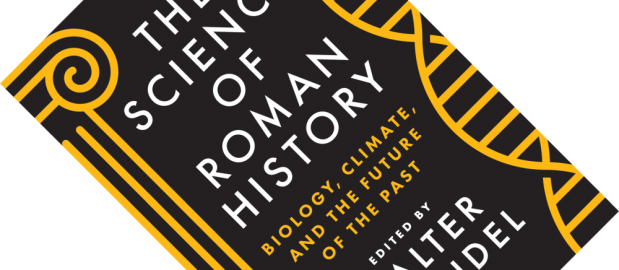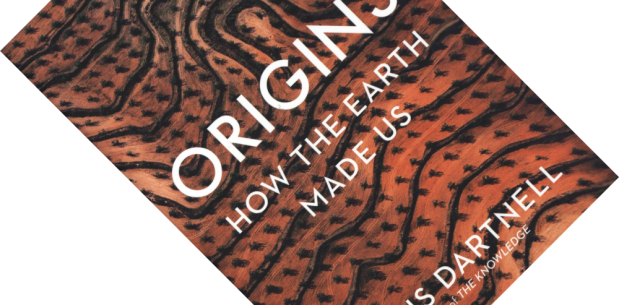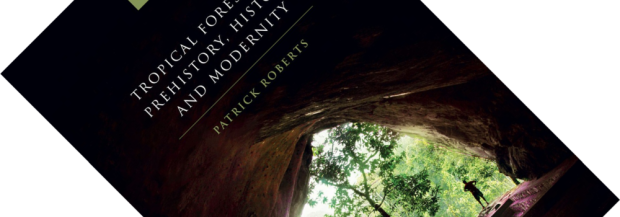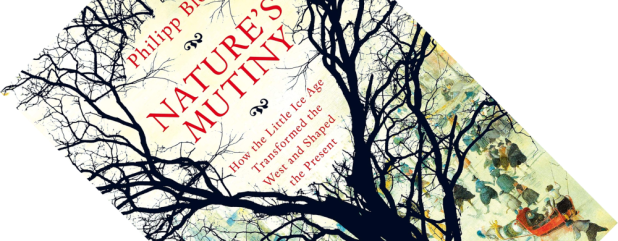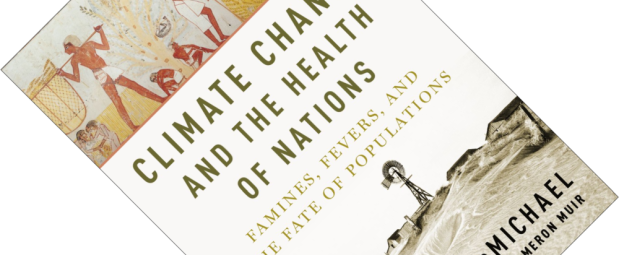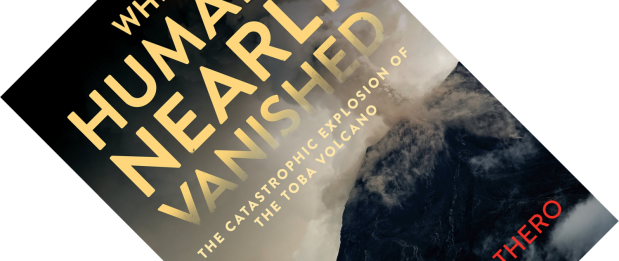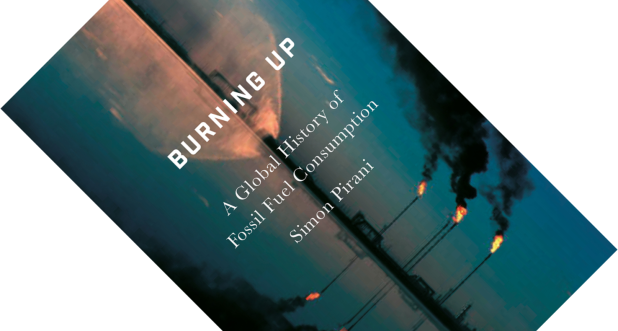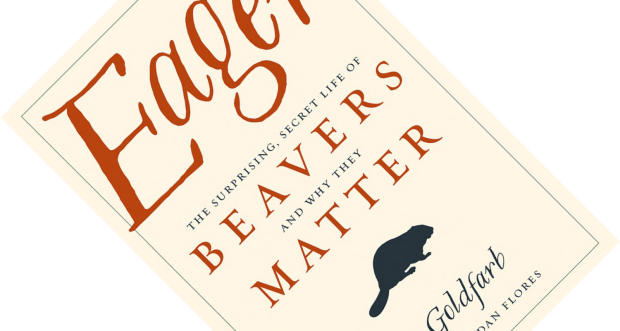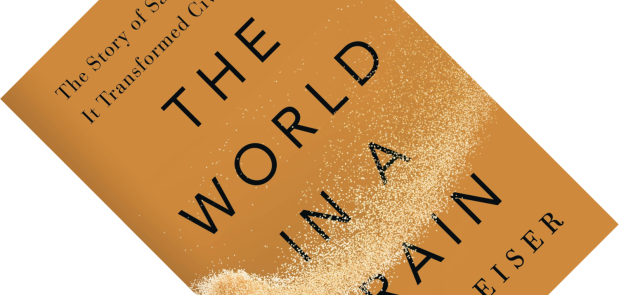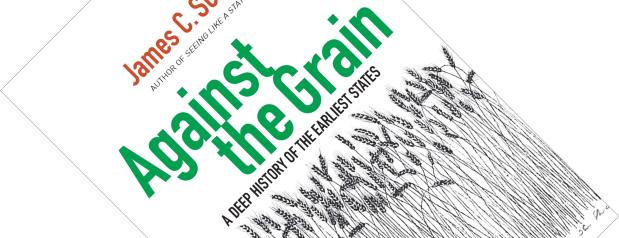6-minute read
One look at the title and you might be forgiven for quoting John Cleese. But rather than asking what the Romans can do for us, this book asks what we can do for the Romans. Walter Scheidel, who is a professor of humanities as well as classics and history, and a fellow in human biology, brings together a diverse cast of scientists. Their aim? To discuss what relatively young bioscientific disciplines can add to our picture of life in Ancient Rome as revealed so far by the more mature disciplines of history and archaeology. Which disciplines might these be? Prepare yourself for several mouthfuls as this book covers palaeoclimatology, archaeobotany, zooarchaeology, palaeopathology, population genetics, and the study of ancient DNA.

